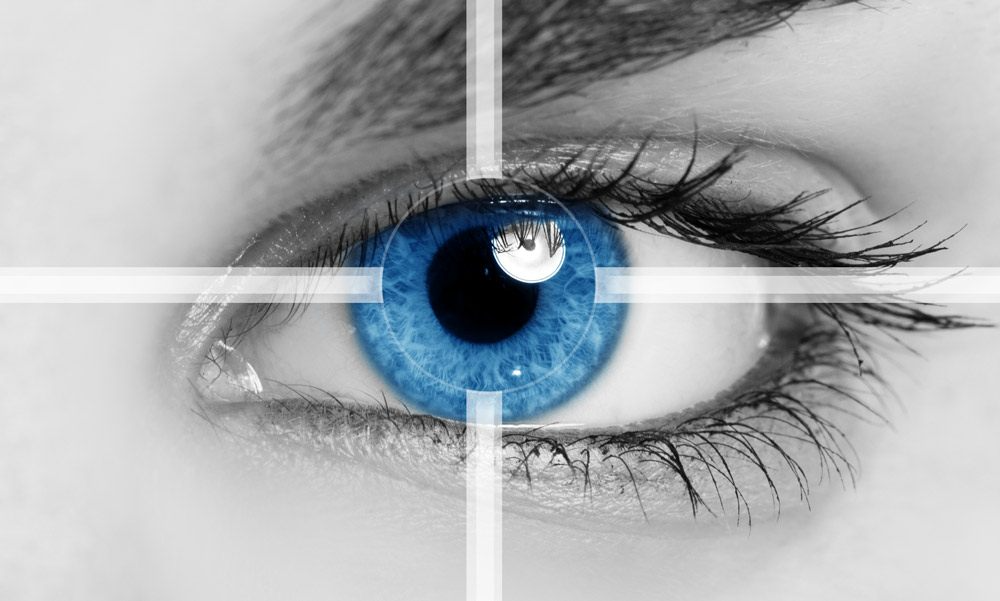SMILE The Latest in Laser Eye Surgery: Now Available at Dougherty
Sub Title

Laser Vision correction has taken another step forward: Leading ophthalmological technology manufacturer ZEISS has been FDA approved for widespread use of its newest technology, the VisuMax Small Incision Leticule Extraction procedure.
SMILE stands for ‘small incision Lenticule Extraction’ and is one of the most advanced vision correction surgeries to date. SMILE is a one step, one laser, minimally invasive procedure that uses the ZEISS VisuMax femtosecond laser for the photo separation of tissue to combine the advantages of both PRK and LASIK.
During a SMILE procedure, computer guided, highly focused laser light is used to create a lenticule, a precise lens-shaped disc within the cornea, which is then removed through a tiny keyhole incision. Because there is no flap created like with a LASIK procedure, there are no flap-related complications associated with SMILE. The outer corneal layer remains largely intact and it thus enables more biomechanical preservation and stability along with less incidence of dry eye.
ZEISS reports that the SMILE procedure performed with the ZEISS VisuMax femtosecond laser also exhibited fast visual recovery with minimal discomfort. (1)
Since its introduction in 2011, over half a million SMILE procedures have been performed around the world. SMILE, performed on the ZEISS VisuMax femtosecond laser, is currently available in approximately 500 clinics in 61 countries around the world.
Dougherty Laser Vision is thrilled to be one of the US surgeons using the newest SMILE procedure and technology to expand the options for surgical vision correction we can offer to our patients.
If you’re interested in learning more about SMILE or would like to find out if it’s right for you, schedule a complimentary consultation with Dougherty Laser Vision today.
Source:
https://www.zeiss.com/meditec/us/media-and-news/latest-news/fda-approves-zeiss-visumax-smile.html

